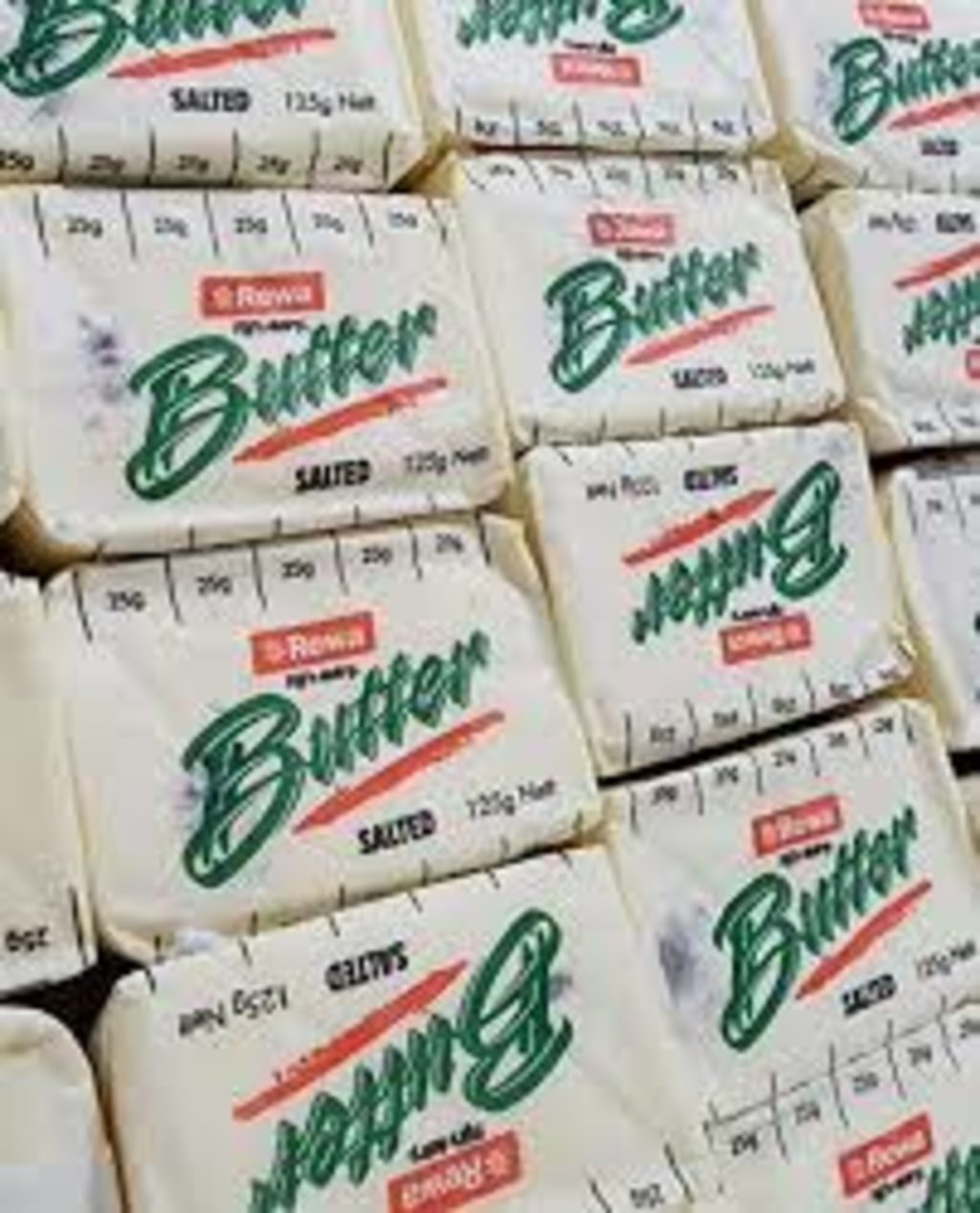Bula Vinaka shoppers, The hot topic around dinner tables, tanoa spaces, and shop counters this week has been the rising cost of Rewa Butter — a favourite spread on bread with a hot cuppa for many, whether at home or work.
Retiree Judy was upset to learn that the price of Rewa Butter had increased. She had always thought it was a 100 per cent Fijian product. So, when the Fijian Competition and Consumer Commission (FCCC) explained the price hike was due to the rising cost of imported raw materials — influenced by global commodity prices, freight and currency exchange rates — Judy felt frustrated. She’s not alone.
Letter writer Ronnie summed up what many are feeling. “Almost every retired Fijian grew up with Rewa Butter,” he wrote.
The old Rewa Dairy Factory was a popular stop during school tours, and he recalled his own visit as a Class Eight student in 1965. Back then, Rewa Butter was proudly 100 percent locally produced.
After Fiji’s independence, Ronnie’s late father owned a small shop in Sabeto, where a pound of salted Rewa Butter sold for $1.88. Compare that with this week’s price of $15.95 per pound, and it’s a staggering eight-fold increase.
“This is ridiculous,” Ronnie remarked, “especially with our minimum wage at just $5 an hour. Talk about unpalatable inflation!
What a massive difference 60 long Fijian years have made!”
What’s more, he says, the butter isn’t even truly Fijian anymore. Today, all the raw ingredients are imported from New Zealand and only blended locally under licence to Fonterra.
“This does not do any justice to the name ‘Rewa’ — in my humble view,” he wrote, questioning whether local consumers have been misled. He went as far as to say that Rewa Butter is now unaffordable to almost all ordinary Fijians, calling it “disgusting and shameful.”
The FCCC confirmed that a significant increase in the retail price of Rewa Butter came into effect on Monday. This decision followed a 16 per cent rise in the landed cost of raw bulk butter since the last price review.
As part of the pricing revision, FCCC said it had analysed manufacturing and other associated production costs. While the commission reaffirmed its commitment to fair pricing, it explained that local butter prices are heavily influenced by procurement costs tied to international markets.
Before determining prices, the FCCC says it considers a range of market factors — including freight charges, exchange rates, and supplier costs. Since 2021, the price of imported bulk butter has been on a fluctuating trend. After the last price adjustment in July 2024, global butter prices have gradually risen.
A major factor is heightened demand from countries like China, which recorded an 18 per cent year-on-year increase in dairy imports late last year.
On the supply side, things aren’t any better. New Zealand, one of the world’s key dairy producers, has experienced droughts across major regions — reducing milk yields and tightening the export supply.
These two forces — rising demand and constrained supply — are combining to push prices even higher.
The FCCC warns that these global trends suggest further price increases may occur, and that shoppers should prepare for more fluctuations.
It says it will keep a close watch on the market and make timely pricing adjustments to strike a balance between cost-of-living concerns and long-term sustainability.
Regular inspections are also being carried out to ensure retailers comply with regulated prices for essential goods. But no amount of technical explanation is likely to ease the burden for many households.
This week in Parliament, Opposition MP Ketan Lal didn’t mince words. He slammed the 2025–2026 National Budget, calling it a product of a “lazy government” that lacks both vision and effort.
“Where are the bold reforms?” he asked.
“Where is the leadership? Where is the urgency the people were promised?”
Lal accused the government of presenting a polished story of progress, while the reality on the ground tells a much bleaker truth — one marked by hardship and frustration. He pointed to rising living costs, saying that families are struggling to keep up. Workers are overburdened, methamphetamine is tearing communities apart and HIV cases have tripled in under a year.
Returning to the issue of butter, Lal said it all symbolises a deeper problem.
“A pound of butter now costs $15.93 ($15.95). That’s a luxury item for many households.”
He ended his speech by saying that Fijians are still waiting for the real change the Coalition Government promised during the 2022 general election.
“So far,” he said, “all we’ve received are good speeches — not good outcomes.”
And that brings us back to the cooler shelves, where butter — once a simple kitchen staple — now sits almost like a trophy item, out of reach for many. Yes, we understand global markets can be brutal.
But surely, we can still ask the hard questions: Where is the protection for our people? Where is the heart behind these pricing decisions?
Until then, shoppers — be wise, stretch every dollar, and look for cheaper, healthier alternatives where you can.
Because right now, the price of butter says a lot more about our economy than most speeches ever will considering our $5 an hour minimum wage rate!



